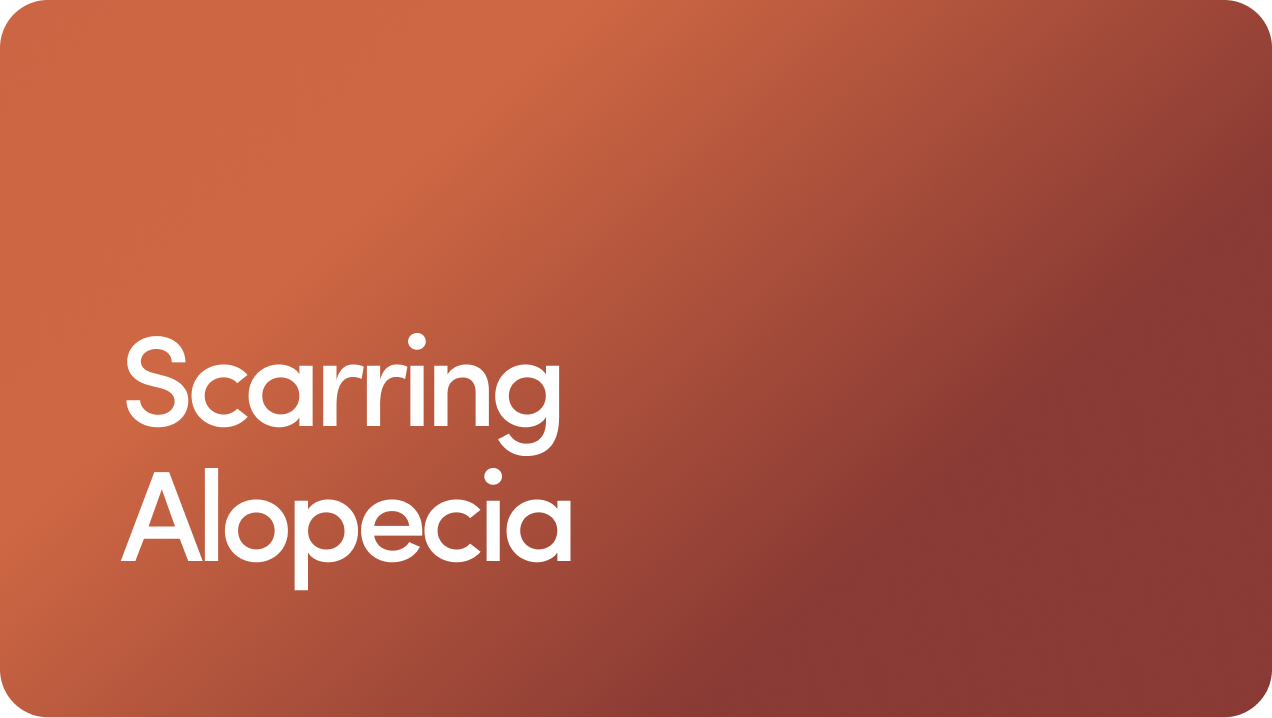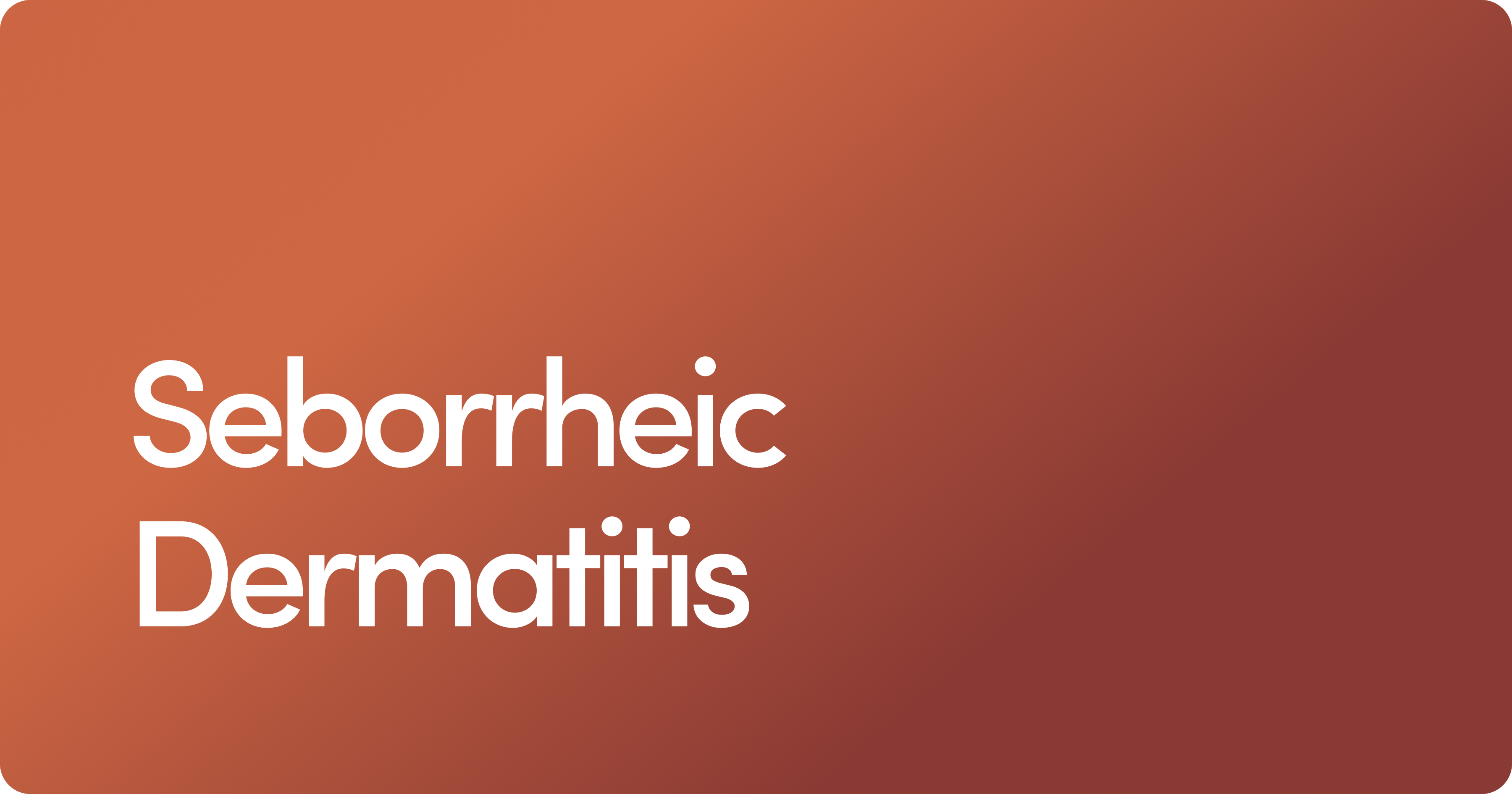Content
FDA approved for more than 25 years
Coconut Oil for Hair Growth: Does It Actually Work?

Coconut oil has many uses, from skincare to cooking. But what about using coconut oil for hair growth? Can coconut oil reduce hair loss, or is that just wishful thinking?
Many people swear by using oils for hair growth, including castor oil, rosemary oil, and more. While certain oils can moisturize your hair, there’s little research to show that these oils can actually boost hair growth. Coconut oil is no exception.
Before you start slathering your scalp with tropical goodness, let’s dispense with the hype and unpack exactly what coconut oil does for your hair, how it might support growth and thickness, and the best way to use it.
Content
Benefits of Shaving Head
Why shave your head? It can:
Be an easy way to respond to hair loss
Save you money
Save you time
Simplify scalp care
Keep your head cooler
Give you a different look
Below, we’ll go into more detail about some of the benefits of shaving your head.
Shaving Your Head Is an Easy Way to Deal With Hair Loss
Embracing the fully bald look is possibly the easiest and most sustainable way to deal with hair loss, thinning hair, or a receding hairline.
If you’re on the fence about whether or not to go bald, check out our interview with one man who decided to embrace the bald look.
Shaving Your Head Saves Money
Can you save money by shaving your head? Yep.
After the initial cost of investing in an electric shaver, a solid razor, and some shaving cream (all of which can be purchased inexpensively), shaving your head is less expensive than visiting a barber every few weeks.
Even if you decide to have your head professionally shaved, it should cost less than a full haircut would.
Plus, you won’t be buying shampoo, conditioner, and other hair care products anymore. Instead, you can wash your scalp with soap or a facial cleanser.
Shaving Your Head Saves Time
There’s some upkeep associated with a fully bald head (you’ll have to shave it every few days), but it’ll also save you time.
There’s no denying the practicality of this low-maintenance look. You won’t have to worry about shampooing, so you may take shorter showers, and you’ll save time on styling. Plus, no bad hair days.
A Shaved Head Makes Scalp Care Easy
Taking care of your scalp becomes easier without hair in the way.
You’ll be able to exfoliate and moisturize easily, and if you have an existing scalp condition like psoriasis or seborrheic dermatitis, it’s easier to apply treatment and ointments.
A Shaved Head Will Stay Cooler
If you live in a warm climate or just run hot, you may appreciate that, without hair trapping heat, you’ll feel a little cooler. You also might notice the sweat on your scalp dries more quickly.
You May Be Perceived Differently With a Shaved Head
This one’s not necessarily a benefit, but it’s definitely not a downside.
A 2012 study found that men with shaved heads were perceived as more dominant, stronger, and taller when compared to pictures of themselves with hair.
So, it might be worth leaning into being bald with self-confidence and empowerment.
Are there shaving head benefits for hair growth? Unfortunately, no. The idea that shaving your head leads to thicker or denser hair is just a popular myth.
Shaving your head can’t and won’t change its thickness, density, color, or how fast it grows.
However, after you shave your head, the hair that grows in might appear temporarily thicker just because of its blunt tip.
Disadvantages of Shaving Head
Though shaving your head has many benefits, it also has some potential drawbacks:
Dry skin. Frequent shaving and exposure to the elements can lead to dry skin on your head. For this reason, you’ll want to use a facial or body moisturizer to keep your scalp hydrated and exfoliate to remove dead skin cells. (And by the way, bald people can still get dandruff).
Sunburn. Hair offers protection from the sun, and without it, a bald head is more prone to sunburns. Research shows that the scalp is a common site for certain types of skin cancer. To avoid scalp sunburn, wear SPF every day on your scalp and any exposed skin.
Ingrown hairs. An ingrown hair happens when a hair grows back into the scalp instead of growing outward. It’s particularly prevalent in people with tightly coiled hair. Although it’s most common in the beard area, it can occur on the scalp, especially after shaving. Regular exfoliating can help.
Scalp irritation. Shaving can cause redness, irritation, itching, or razor burn, especially if you use a dull blade. Make sure your razor is clean and sharp before using it.
How to Shave Your Head
Shaving your head is pretty straightforward, though it does require a little prep to get right.
Here are the basic steps:
Look at your scalp with a mirror to find any scabs, bumps, cuts, or other areas you’ll want to avoid.
Buzz your hair first with clippers to get it to a uniform length.
Wash your scalp.
Apply shaving cream.
Start shaving at the top center of your head, then move down toward the sides and back.
Rinse, dry your scalp, and apply moisturizer.
Using shaving cream and scalp-friendly lotion afterward can help you avoid razor burn.
For a (much) more in-depth tutorial, check out our dedicated guide for how to shave your head.
Whether to rock the smooth-head look (or even just a buzz cut) is ultimately a personal choice.
Here’s what to remember about the benefits of shaving your head:
Shaving your head eliminates the hassle of hair loss, saves money on haircuts and products, and simplifies your grooming routine.
Embracing a fully bald head is easy and safe. But you’ll need to be mindful of wearing sunscreen on your scalp and practicing scalp care to avoid ingrown hairs and scalp irritation.
Hair growth and increased hair density aren’t among the benefits of shaving your head. If you’re looking to slow or reverse hair loss, we offer access to two FDA-approved medications — minoxidil and finasteride.
For more info on shaving your head, check out our posts on bald head care and the best beard styles for bald men.
If you decide shaving your head isn’t for you (we get it), connect with a licensed healthcare provider online through Hims to learn more about your hair loss treatment options.
3 Sources
- Kaplan B,et al. (2024). The carcinogenesis of the human scalp: an immunometabolic-centered view. https://pmc.ncbi.nlm.nih.gov/articles/PMC11593518
- Luo DQ, et al. (2016). Ingrowing hair. https://pmc.ncbi.nlm.nih.gov/articles/PMC4902536/
- Mannes AE, et al. (2012). Shorn scalps and perceptions of male dominance. https://journals.sagepub.com/doi/full/10.1177/1948550612449490?journalCode=sppa
Editorial Standards
Hims & Hers has strict sourcing guidelines to ensure our content is accurate and current. We rely on peer-reviewed studies, academic research institutions, and medical associations. We strive to use primary sources and refrain from using tertiary references. See a mistake? Let us know at [email protected]!
This article is for informational purposes only and does not constitute medical advice. The information contained herein is not a substitute for and should never be relied upon for professional medical advice. Always talk to your doctor about the risks and benefits of any treatment. Learn more about our editorial standards here.
Knox Beasley, MD
Education
Bachelor of Science, Life Sciences. United States Military Academy.
Doctor of Medicine. Tulane University School of Medicine
Training
Dermatology Residency. San Antonio Uniformed Services Health Education Consortium
Certifications
Board Certified. American Board of Dermatology
Medical Licenses
Dr. Beasley is licensed in all 50 states
Affiliations & Memberships
Fellow, American Academy of Dermatology
Specialties & Areas of Focus
Hair Loss, Dermatology
Years of Experience
10 years of clinical practice as a Dermatologist
Previous Work Experience
Medical Director - YouHealth Medical Groups, 2025–
Private practice, 2024–
Chief of Dermatology - , 2015–2019
Publications
Wilson, L. M., Beasley, K. J., Sorrells, T. C., & Johnson, V. V. (2017). Congenital neurocristic cutaneous hamartoma with poliosis: A case report. Journal of cutaneous pathology, 44(11), 974–977.
Banta, J., Beasley, K., Kobayashi, T., & Rohena, L. (2016). Encephalocraniocutaneous lipomatosis (Haberland syndrome): A mild case with bilateral cutaneous and ocular involvement. JAAD case reports, 2(2), 150–152.
Patterson, A. T., Beasley, K. J., & Kobayashi, T. T. (2016). Fibroelastolytic papulosis: histopathologic confirmation of disease spectrum variants in a single case. Journal of cutaneous pathology, 43(2), 142–147.
Beasley, K., Panach, K., & Dominguez, A. R. (2016). Disseminated Candida tropicalis presenting with Ecthyma-Gangrenosum-like Lesions. Dermatology online journal, 22(1), 13030/qt7vg4n68j.
Kimes, K., Beasley, K., & Dalton, S. R. (2015). Eruptive milia and comedones during treatment with dovitinib. Dermatology online journal, 21(9), 13030/qt8kw141mb.
Miladi, A., Thomas, B. C., Beasley, K., & Meyerle, J. (2015). Angioimmunoblastic t-cell lymphoma presenting as purpura fulminans. Cutis, 95(2), 113–115.
Beasley K, Dai JM, Brown P, Lenz B, Hivnor CM. (2013). Ablative Fractional Versus Nonablative Fractional Lasers – Where Are We and How Do We Compare Differing Products?. Curr Dermatol Rep, 2, 135–143.
Siami P, Beasley K, Woolen S, Zahn J. (2012). A retrospective study evaluating the efficacy and tolerability of intra-abdominal once-yearly histrelin acetate subcutaneous implant in patients with advanced prostate cancer. UroToday Int J, June 5(3), art 26.
Siami P, Beasley K. (2012). Dutasteride with As-Needed Tamsulosin in Men at Risk of Benign Prostate Hypertrophy Progression. UroToday Int J, Feb 5(1), art 93. https://www.urotoday.com/volume-5-2012/vol-5-issue-1/48691-dutasteride-with-as-needed-tamsulosin-in-men-at-risk-of-benign-prostatic-hypertrophy-progression.html
Why I Practice Medicine
Dr. Beasley began doing telemedicine while serving in the U.S. Army, providing dermatologic care for soldiers stationed around the world. This experience sparked his passion for telemedicine and inspired his commitment to expanding access to healthcare for patients across the United States.
Hobbies & Interests
In his free time, Dr. Beasley enjoys cooking, reading, and trips to the beach with his wife and two kids (with sunscreen of course).
Related Articles
Related Conditions
 Hair Loss
Hair Loss
 Male Pattern Baldness
Male Pattern Baldness
 Dandruff
Dandruff
 Scarring Alopecia
Scarring Alopecia
 Seborrheic Dermatitis
Seborrheic Dermatitis
